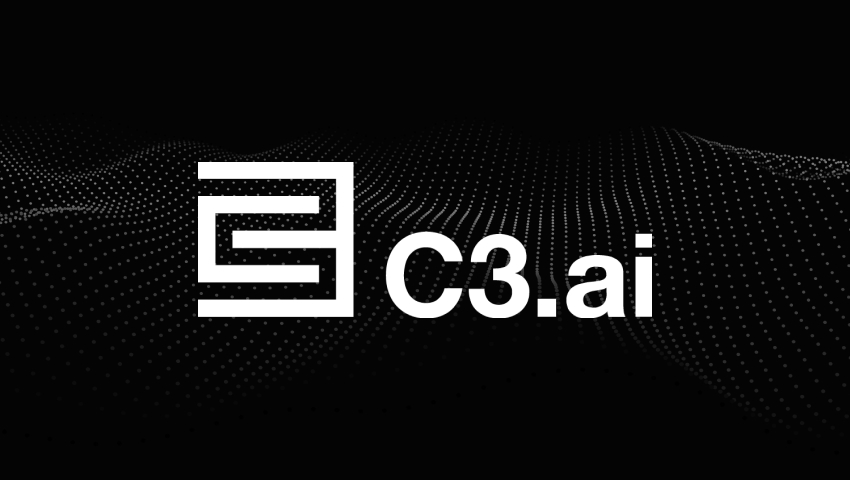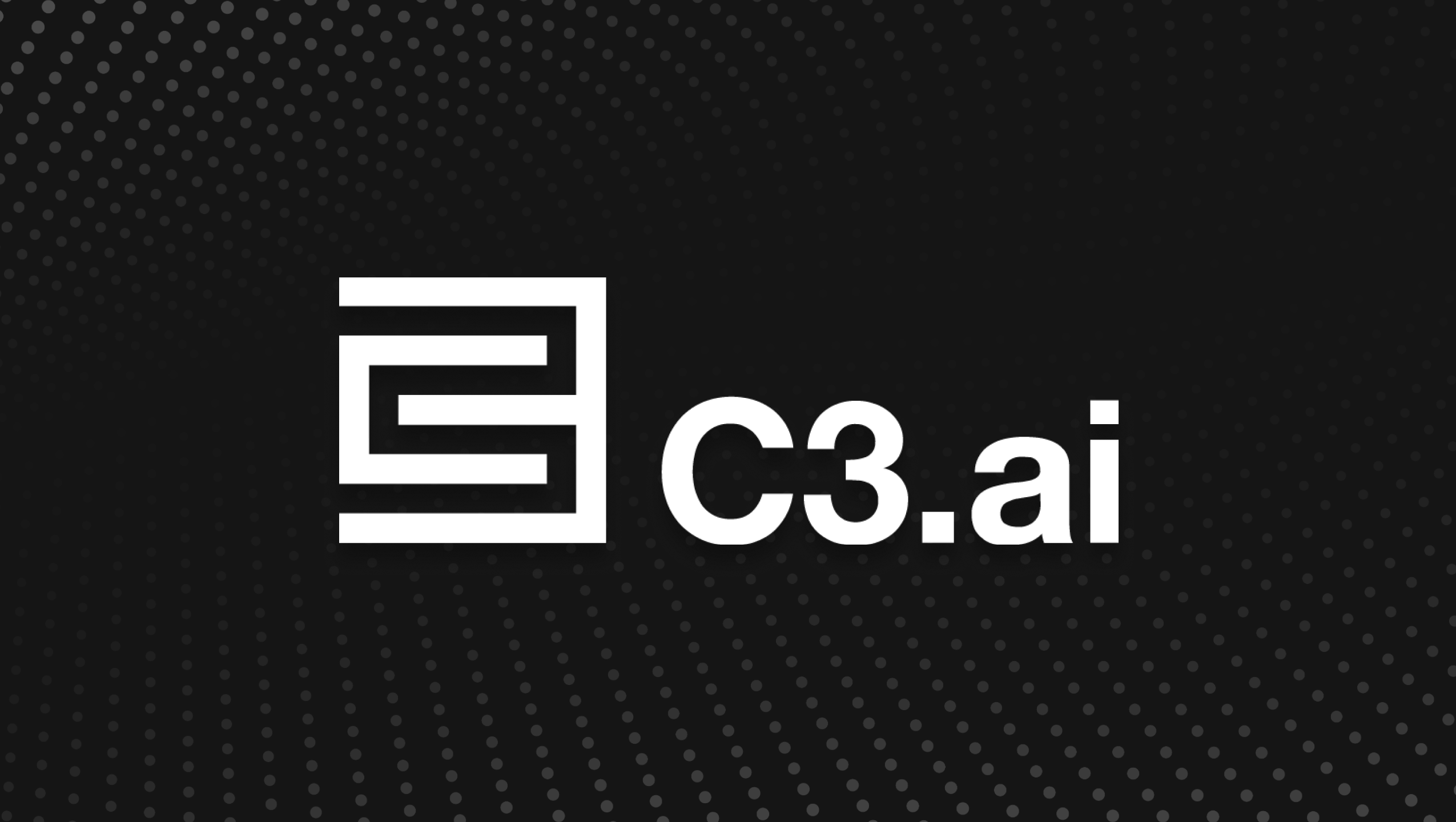Silicon Valley can be a brutally competitive place, but there aren’t many technology executives who can say they have stared death straight in the face.
It was almost exactly a decade ago and dawn was breaking over the Serengeti when Thomas Siebel, the billionaire American founder of software companies Siebel Systems and C3.ai, was trampled by an elephant.
Now aged 66, at the time Siebel had recently sold a business for $5.8bn to his former boss, Oracle founder Larry Ellison, and was taking time out for a walking safari in Tanzania with his wife and two daughters. When they startled a herd of 15 wild elephants near a watering hole, Siebel was dismayed to watch as a 6-tonne female turned and charged.
A warning shot fired by their guide from a rifle was of no use. The guide was tossed aside and as the creature squared up to Siebel, it stopped and glowered at him momentarily just inches from his face before it attacked. Siebel was gored through his leg with a tusk, knocked over and stamped on, shattering his thigh, ribs and smashing his shoulder. His foot was nearly severed from his leg and was dangling by tendons and skin.
“It was a bad day,” deadpans Siebel, who grew up in Chicago before moving to California to join Oracle in 1984. If the attack itself was bad enough, the ordeal that followed was almost as grim. It took hours to evacuate Siebel by truck and a Cessna plane to a hospital in Nairobi then a further 20 hours to fly home for treatment. By the time he landed in San Jose he had lost two thirds of his blood and was in agony after running out of morphine.
“I was hurt pretty critically. I had 19 reconstructive surgeries and I wasn’t able to walk for four years.”
Siebel was lucky even to survive but the serial entrepreneur, who has earned a $2.9bn personal fortune building and selling software businesses, has made a remarkable comeback. His new company C3.ai, based in Redwood City, California, is a software developer for the “industrial Internet of Things” or a network of devices, vehicles and building sensors that collect and exchange data.
Customers include Royal Dutch Shell and Caterpillar while investors include U2 singer Bono and Jeff Skoll, the billionaire film-maker behind Al Gore’s hit climate change polemic An Inconvenient Truth.
After his close shave on safari, it’s no surprise that Siebel likes to speak about the business world in Darwinian terms. To Siebel, it’s a ferocious fight for survival against emerging and sometimes ruthless competitive threats.
Tieless and wearing a dark suit, he says the confluence of four powerful new technologies – cloud computing, artificial intelligence, big data and the Internet of Things – now represent an unstoppable force which is driving a one-off “extinction event” for many of the world’s biggest companies.
Like the dinosaurs, they risk being wiped out as they face intense competition from tech giants like Amazon, Uber and Google. “These new technologies change everything. We can use them to solve problems that were previously unsolvable.”
Born in 1952, the sixth of seven children to a middle-class family in the smart Chicago suburb of Wilmette, Siebel believes that for business nothing will ever be quite the same again. “In the last 440 million years, we’ve had five mass extinction events. Each of these was followed by a mass re-speciation of species with new DNA that would come fill the voids in the in the ecosystem… There’s an analogue in what’s going on in the business world.”
Siebel claims that in the last 18 years, 52pc of all the Fortune 500 companies have vanished. But that process is now set to accelerate as technological change speeds up. “Where are companies like Westinghouse, Kodak, Toys R Us, Sears Roebuck? They’re just gone. At the same time all these companies with new DNA are sprouting up every day like Amazon, Uber, Airbnb.”
The new breed of companies are using technology in new and creative ways while those that fail to adapt are doomed, he says. “We now have the tools and the underlying theory to use computers as prediction engines, to predict events with a high level of accuracy – and that was previously impossible,” he says. “So now we can predict things like heart failure, disease onset or whether a financial transaction is fraudulent.”
After studying at the University of Illinois at Urbana-Champaign, Siebel moved to Silicon Valley in the early 1980s, surfing an early wave of innovation and investment. “In 1983, the worldwide market for IT was $15 billion. Today, it’s $3.5 trillion. In five years, it’ll be $8 trillion.”
At Oracle, he swiftly emerged as a polished dealmaker and salesman working closely with founder Larry Ellison. But by 1993 Siebel had quit to set up his own company, Siebel Systems, after clashing with him over strategy. At the time, Siebel wanted to create software to help companies manage their interactions with customers – an idea which Ellison rebuffed.
Siebel had the last laugh. He eventually sold his company back to Oracle for $5.8bn in 2006. By then Siebel Systems had 8,000 employees, 4,500 corporate customers, and annual revenues exceeding $2 billion.
Flush with the proceeds, Siebel turned to philanthropy and investment, ploughing much of the cash into First Virtual Group, which invests in everything from agriculture to real estate to software.
His new company, C3, which initially focused on the use of AI to optimise energy grids to cut greenhouse gas emissions, was created just a few months before his trip to Tanzania. But the accident forced him to suspend the project for several years before he was able to return to work, initially in a wheelchair.
Those were tough times as the company, which has since broadened its offering to other industries, struggled in his absence and nearly ran out of cash at one stage. But those days are long gone.
With Siebel back in decent health, C3 is making rapid progress, and last year raised $100 million of funding from investors including private equity giants TPG Growth, Breyer Capital and Sutter Hill. That brings the total amount raised to nearly $243 million. At its last fundraising round in 2017, C3 was worth $1.4 billion.
Siebel, who has just published a book called Digital Transformation with a forward by Condoleeza Rice, may be a Silicon Valley luminary and natural technology optimist, but he retains a healthy dose of suspicion about some of the industry’s most successful companies.
Above all, he is deeply scathing about the impact of social media companies like Facebook on society and democracy. “There is reason to be very concerned,” he says. “Everybody lives in these echo-chambers where they only see the news they like. There is not a free and open exchange of ideas. These friendship groups people are in reinforce what is acceptable and not acceptable, and when we step out of that group we get zapped. We have a whole generation of people who are highly intolerant of other views.”
“This is tribalism. It might not be possible to conduct a democracy. If you completely shake the confidence of people in the democratic system people question the validity of their government. So it’s a drift towards fascism.”
So what is the solution? Siebel believes governments must take firm action to rein in the abuse and manipulation of social media networks by bad actors. “If the government doesn’t act we are going to be very sorry. These systems are being weaponised and these companies are becoming more powerful than governments.”
Either way, Siebel’s interests range far from the world of technology. He has used much of his wealth to pursue causes including the Meth Project, designed to tackle the epidemic of methamphetamine addiction in the western US.
Siebel says the project emerged after he witnessed the damaging impact of the drug in Montana, where he has a home. “We dealt with it as a consumer product. We found that first time methamphetamine use usually happens between the ages of 12 and 17 and somebody says ‘give it a try’.”
Rather than lecturing teenagers and treating use of the drug as a law enforcement issue, the Meth Project aimed to boost consumer awareness of its health risks. Siebel funded TV ads warning young people of the risks: “Your face is going to break out, your teeth are going to fall out, you will lose all the subcutaneous fat on your face… So we had a better informed consumer.”
Having narrowly escaped a grisly end himself in Tanzania, Siebel believes the project has saved many lives by helping cut meth use in Montana by 70pc. He later bankrolled the project in other states.
So after his near death experience in the Serengeti, were there any positive lessons he took from the experience? He pauses and thinks carefully before smiling. “Not really. Don’t go to Africa.”
Read the original article here.


